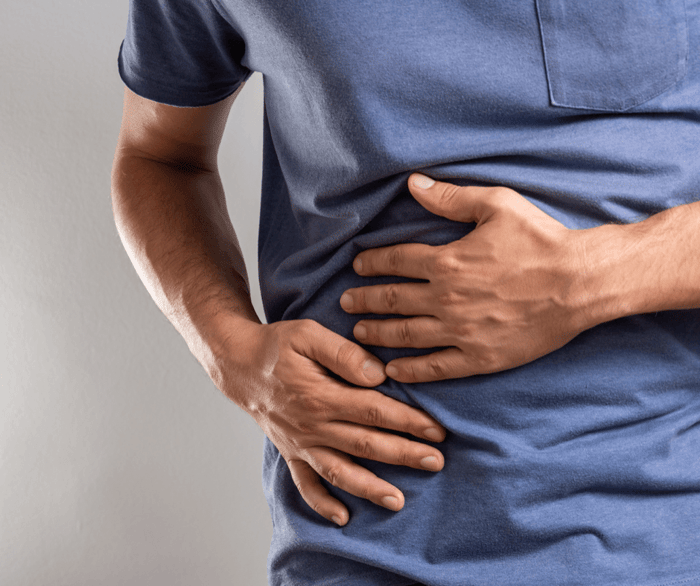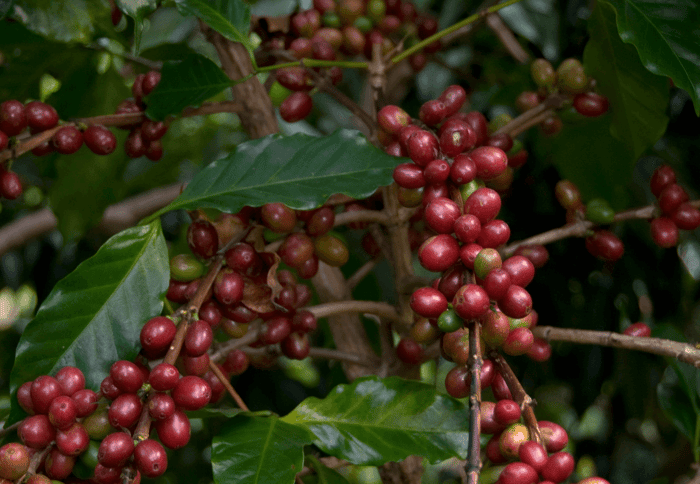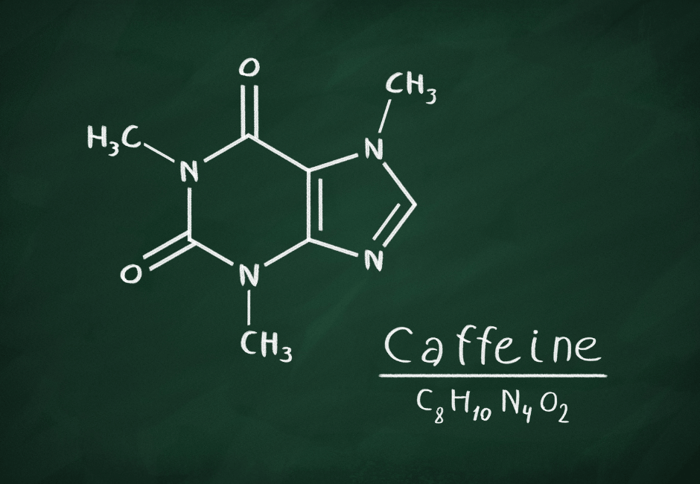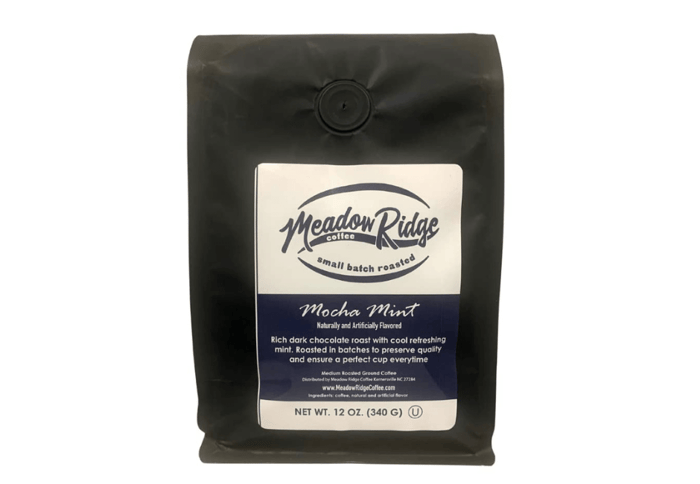Coffee has been promoted as a useful technique to decrease hunger and promote losing weight. We ask, is this really the case? Does caffeine or anything else in coffee prevent hunger? Is it possible to lose weight by drinking coffee? What kind of coffee is the most effective at curbing your appetite?
All of these questions are circulating, but there are few solid solutions. Let us investigate more.
Does Caffeine Make You Hungry?
When we consider the primary compounds in coffee that have the potential to decrease hunger, caffeine is often the first ingredient that comes to mind. This is most likely the fundamental reason that most people drink coffee. They require that energy boost in the morning.
Many people perceive this as a win-win situation. They get an energy boost while also having some control over their appetite. But can caffeine alone help to decrease appetite? What precisely does caffeine do?
Caffeine, when digested, increases the body's metabolism, reducing appetite for a short period of time. Caffeine causes thermogenesis, which is the body's generation of heat and energy from digestive processes. In other words, because coffee stimulates your body's metabolic reaction, you will burn more calories for a short period of time.
But is long-term caffeine usage associated with significant weight loss? Not at all. However, it can be used as a supplement to help prevent weight gain. Caffeine, by itself, is unlikely to help you tighten your belt loop another notch.
To find out just how much caffeine drinks have check out our caffeine section.
Does Coffee Kill Your Appetite?
There appears to be no scientific consensus on whether coffee suppresses appetite. Anecdotally, some people report feeling hungry after drinking coffee on an empty stomach. This could be because it stimulates stomach emptying.
Others, on the other hand, swear by their morning coffee as a cure for hunger and the temptation to munch constantly. Coffee, however subjective, has an effect on appetite. This could be attributed to chlorogenic acid, one of its essential antioxidants. Chlorogenic acid has the potential to limit glucose absorption.
However, there hasn't been enough research on this to conclude one way or another. So, the verdict is still out.
Coffee can also possibly cause bloating which may suppress your appetite in a less than desirable way.
What About the Additives?
Perhaps appetite suppression isn't an issue for you. It's possible that you're adding creamer and other additives to your morning coffee. In that scenario, try to keep things simple by using a tiny amount of cream and sugar. Black coffee is the healthiest option. Flavored lattes and mochas contain caffeine but are also high in sugar, making you a little mushy in the center over time.
Conclusion
If you enjoy your morning coffee and are counting on it to be the mainstay of your diet to help you lose weight, you should reconsider. Caffeine, or any other component in coffee, will not help you regulate your appetite on its own.
Consider making lifestyle adjustments. Cleaning up your diet, increasing your protein intake, and eating more fresh fruits and veggies will help you obtain more critical nutrients while also feeling fuller and more invigorated throughout the day. You might also attempt a keto diet. Black coffee is allowed during keto diets but without any additives except maybe some cream.
Read our article for tips on drinking coffee and keto diets.
Want More Coffee Content?
- Daily Coffee Grind - Click Here
- Coffee Reviews - Click Here
- Coffee Brewing Guides - Click Here
- Coffee Brewer Reviews - Click Here
- All Things Tea - Click Here
- Know Your Caffeine Content - Click Here









